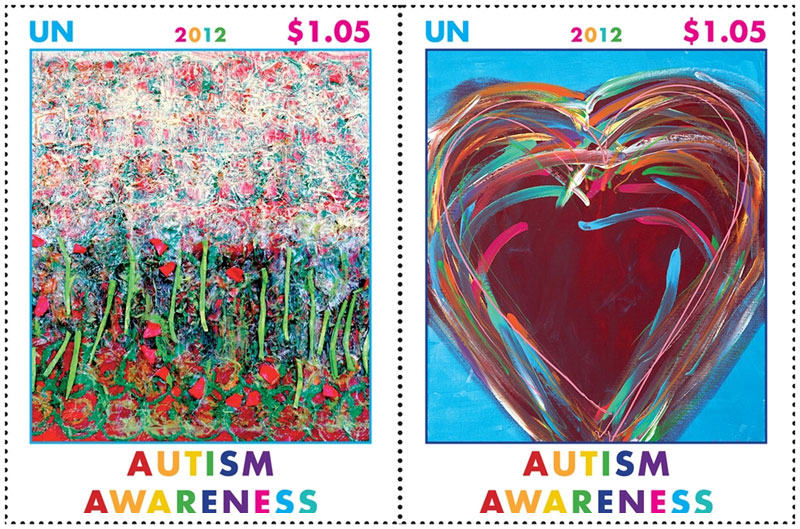In 2014, the first and most comprehensive look at the environmental causes of autism and developmental delay, known as the CHARGE study, found that the nearby application of agricultural pesticides greatly increases the risk of autism. Women who lived less than a mile from fields where chlorpyrifos was sprayed during their second trimesters of pregnancy, as Magda did, had their chances of giving birth to an autistic child more than triple. And it was just one of dozens of recent studies that have linked even small amounts of fetal chlorpyrifos exposure to neurodevelopmental problems, including ADHD, intelligence deficits, and learning difficulties.
On November 10, the U.S. Environmental Protection Agency issued a groundbreaking report laying out the serious dangers of chlorpyrifos. The “Chlorpyrifos Revised Human Health Risk Assessment,” as it was called, laid out the evidence that the pesticide can cause intelligence deficits and attention, memory, and motor problems in children. According to the report, 1- and 2-year-old children risk exposures from food alone that are 14,000 percent above the level the agency now thinks is safe.
Dow, the giant chemical company that patented chlorpyrifos and still makes most of the products containing it, has consistently disputed the mounting scientific evidence that its blockbuster chemical harms children. But the government report made it clear that the EPA now accepts the independent science showing that the pesticide used to grow so much of our food is unsafe. The “pre-publication copy” of the report stated that “residues of chlorpyrifos on most individual food crops exceed the ‘reasonable certainty of no harm’ safety standard under the Federal Food, Drug and Cosmetic Act,” which means, in simple terms, that any given sample of food may contain harmful levels of chlorpyrifos. In addition, estimated drinking water and non-drinking water exposures to the chemical also exceed safety standards. The next step was to finalize a chlorpyrifos ban.
Public health advocates have been calling on the EPA to ban the pesticide for years. Four months before the report came out, a group of 47 scientists and doctors with expertise in children’s brain development, including the director of the National Institute of Environmental Health Sciences, issued a grave warning that toxic chemicals in the environment were increasing children’s risks of developing behavioral, cognitive, and social disorders and contributing to the rise in cases of autism and ADHD. The TENDR statement, as it was called, included a list of the worst neurotoxins and amounted to a desperate plea for immediate action. Organophosphate pesticides, the class of chemical to which chlorpyrifos belongs, was at the top of the list.
Source: The Intercept, January 14, 2017
https://theintercept.com/2017/01/14/dow-chemical-wants-farmers-to-keep-…

- Login om te reageren
